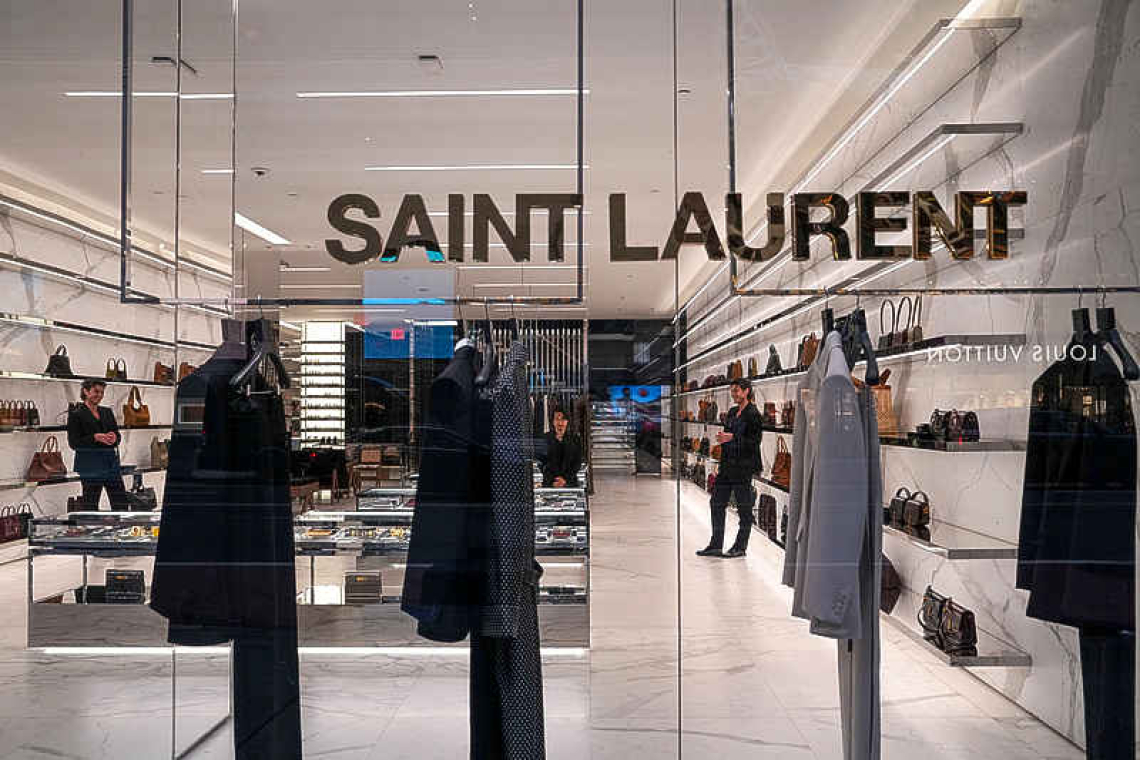MORRISTOWN, New Jersey--U.S. President Donald Trump on Sunday backed off his threat to speed up 50% tariffs on imports from the European Union, agreeing to extend his deadline for trade talks until July 9 after the head of the EU executive body said the bloc needed more time to "reach a good deal."
Trump threatened on Friday to intensify his trade war after expressing frustrations that trade talks were not moving quickly enough, saying he wanted steep new import taxes to start on June 1. The threat roiled global markets.
Trump relented after European Commission President Ursula von der Leyen told him during a phone call that the EU needed more time to come to an agreement and asked him to delay the tariffs until July, the deadline he had originally set when he announced new tariffs in April.
Trump told reporters on Sunday that he had granted the request. He said that von der Leyen told him "we will rapidly get together to see if we can work something out." Von der Leyen said in a social media post that the EU was ready to move quickly in trade talks.
Von der Leyen said in a post on X on Sunday that she had a "good" phone call with Trump.
In early April, Trump had set a 90-day window for trade talks for the EU and the U.S. which was to end on July 9.
The European Commission urged the U.S. on Friday to bring respect, not threats, to trade talks after President Donald Trump pushed for a 50% tariff on EU goods. Insisting the European Union was committed to securing a deal that worked for both sides, EU trade chief Maros Sefcovic spoke with U.S. Trade Representative Jamieson Greer and U.S. Commerce Secretary Howard Lutnick. Trump had recommended higher tariffs on the EU from June 1.
The European Commission, which oversees trade policy for the 27-nation bloc, remained ready to work in good faith, Sefcovic said."EU-U.S. trade is unmatched & must be guided by mutual respect, not threats. We stand ready to defend our interests," he wrote in a post on X.
Major stock indices tumbled, the dollar fell against major currencies and the euro pared gains after Trump's announcement on EU tariffs and a potential 25% duty on Apple iPhones manufactured outside the U.S.
"With Trump, you never know, but this would be a major escalation," said Holger Schmieding, chief economist at Berenberg. "The EU would have to react and it is something that would really hurt the U.S. and European economy."
The tariff threat comes as talks are stuck, with Washington demanding unilateral concessions from Brussels to open up to U.S. business while the EU seeks an agreement in which both sides could gain, according to people familiar with the talks.EU leaders and ministers that spoke after Trump's announcement broadly backed the European Commission's approach.







